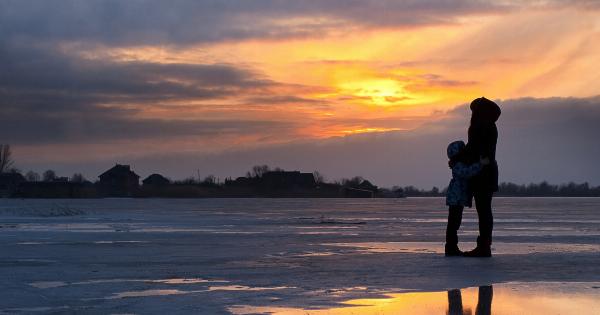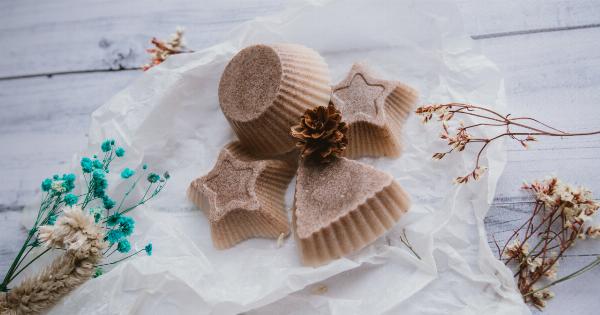Winter is a beautiful season known for chilly weather, cozy fireplaces, and hot cups of cocoa. However, it also brings a fair share of skin-related challenges.
Cold weather, low humidity, and indoor heating can wreak havoc on your skin, leading to dryness, itchiness, and even damage. To keep your skin healthy and radiant throughout the winter months, it’s essential to avoid common winter mistakes that can harm your skin. Read on to discover how you can protect your skin and maintain a radiant complexion all winter long.
1. Forgetting to Moisturize
One of the most common mistakes people make during winter is forgetting to moisturize their skin. The cold weather and dry air can cause a significant drop in the moisture content of your skin, resulting in dryness and irritation.
To prevent this, make sure to switch to a richer, oil-based moisturizer during winter. Look for moisturizers containing ingredients like hyaluronic acid, ceramides, and shea butter, as they help to lock in moisture and maintain a protective barrier on your skin.
2. Not Wearing Sunscreen
Many people mistakenly believe that sunscreen is only necessary during the summer months when the sun is shining bright. However, the harmful UV rays can still penetrate through the clouds and cause damage to your skin even in winter.
Applying a broad-spectrum sunscreen with at least SPF 30 should be a crucial part of your daily winter skincare routine. Don’t forget to pay extra attention to areas that are often exposed, such as your face, neck, and hands.
3. Taking Hot Showers
When the weather outside is freezing, a long, hot shower might seem like the perfect way to warm up. Unfortunately, hot water strips away the natural oils from your skin, leaving it dry and dehydrated.
Instead, opt for lukewarm showers and limit your bathing time to no more than 10 minutes. Immediately after showering, pat your skin dry gently and apply a moisturizer to seal in moisture.
4. Avoiding Exfoliation
Exfoliation plays a crucial role in removing dead skin cells and allowing your skin to better absorb moisturizers and other skincare products. Many people avoid exfoliation during winter, fearing that it may worsen dryness.
However, exfoliating once or twice a week with a gentle scrub or chemical exfoliant can help to maintain a healthy glow. Just make sure not to over-exfoliate or use harsh products that can further irritate your skin.
5. Neglecting Your Lips
Your lips have thinner skin compared to the rest of your face, which makes them more prone to dryness and chapping. Neglecting your lips during winter can lead to discomfort and even painful cracks.
To protect and moisturize your lips, always carry a lip balm with you and reapply it throughout the day. Look for products that contain nourishing ingredients like beeswax, shea butter, or coconut oil.
6. Overusing Heaters
Indoor heating provides a cozy atmosphere during winter but can also cause dryness and irritation to your skin. Artificial heat sources, such as heaters and fireplaces, reduce the humidity in the air, leading to moisture loss from your skin.
Try to limit your exposure to direct heat and use a humidifier to add moisture back into the air. This will help to prevent your skin from becoming excessively dry and itchy.
7. Neglecting Protective Clothing
While bundling up in warm clothes is common during the winter months, many people overlook the importance of protecting their skin. Exposure to cold, dry air can cause windburn and moisture loss, leading to skin damage.
Whenever you venture outside, make sure to cover your skin with scarves, hats, and gloves to shield it from the harsh elements. Don’t forget to wear sunglasses to protect your eyes and delicate skin around them from the sun’s harmful UV rays.
8. Consuming Dehydrating Drinks
Coffee, tea, and alcoholic beverages might provide some warmth and comfort during winter, but they can also dehydrate your body and worsen skin dryness. Limit your intake of these dehydrating drinks and make sure to drink plenty of water instead.
Staying hydrated from within will help to keep your skin moisturized and supple, combating the effects of winter dryness.
9. Using Harsh Cleansers
Cleansing your skin is an important step in your skincare routine, but using harsh cleansers during winter can further strip away the moisture from your skin. Opt for mild, gentle cleansers that do not contain harsh chemicals or fragrances.
Look for cleansers with hydrating ingredients, such as glycerin or hyaluronic acid, to keep your skin moisturized even during the cleansing process.
10. Not Humidifying Your Environment
Winter air tends to be drier, both outdoors and indoors. This can lead to increased dryness and discomfort for your skin.
Investing in a humidifier for your home can help to add moisture back into the air, creating a more comfortable environment for your skin. Place the humidifier in the rooms you spend the most time in, especially your bedroom, to enjoy the benefits of increased humidity while you sleep.
In conclusion, protecting your skin from the common winter mistakes is essential to maintain its health and radiance throughout the season.
Remember to moisturize regularly, wear sunscreen, avoid hot showers, exfoliate gently, and take care of your lips. Protecting your skin from excessive heat, covering up when going outside, and watching your drink choices can also contribute to maintaining your skin’s moisture balance.
Finally, opt for mild cleansers and consider using a humidifier to combat the drying effects of winter air. By adopting these simple steps, you can enjoy the winter wonderland without compromising the health and beauty of your skin!.





















